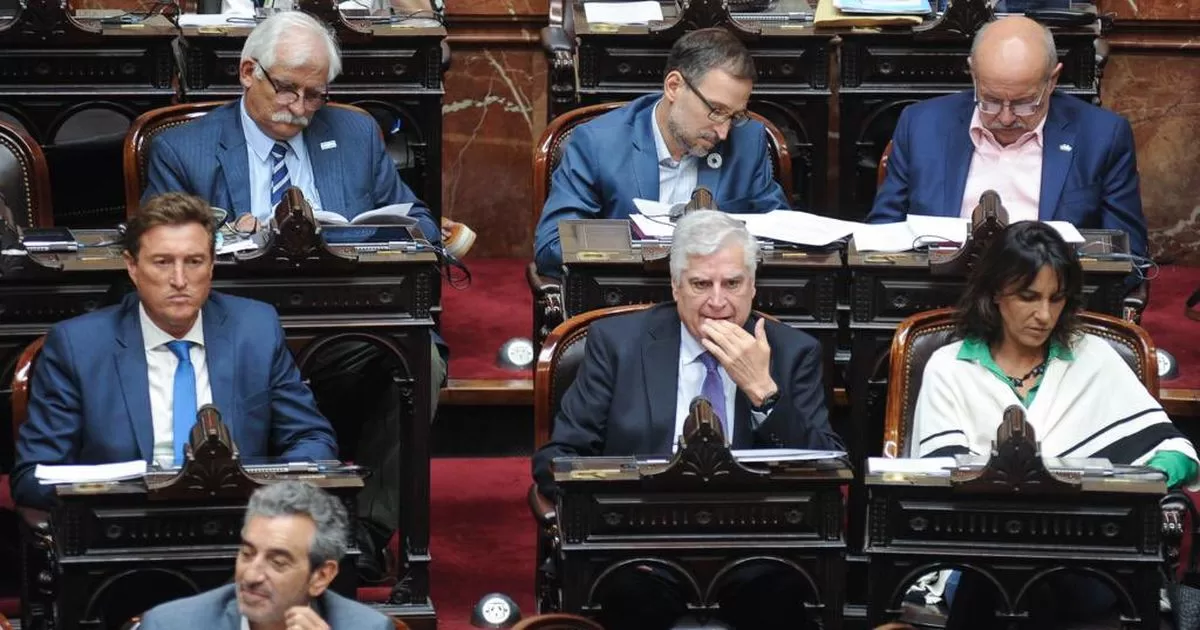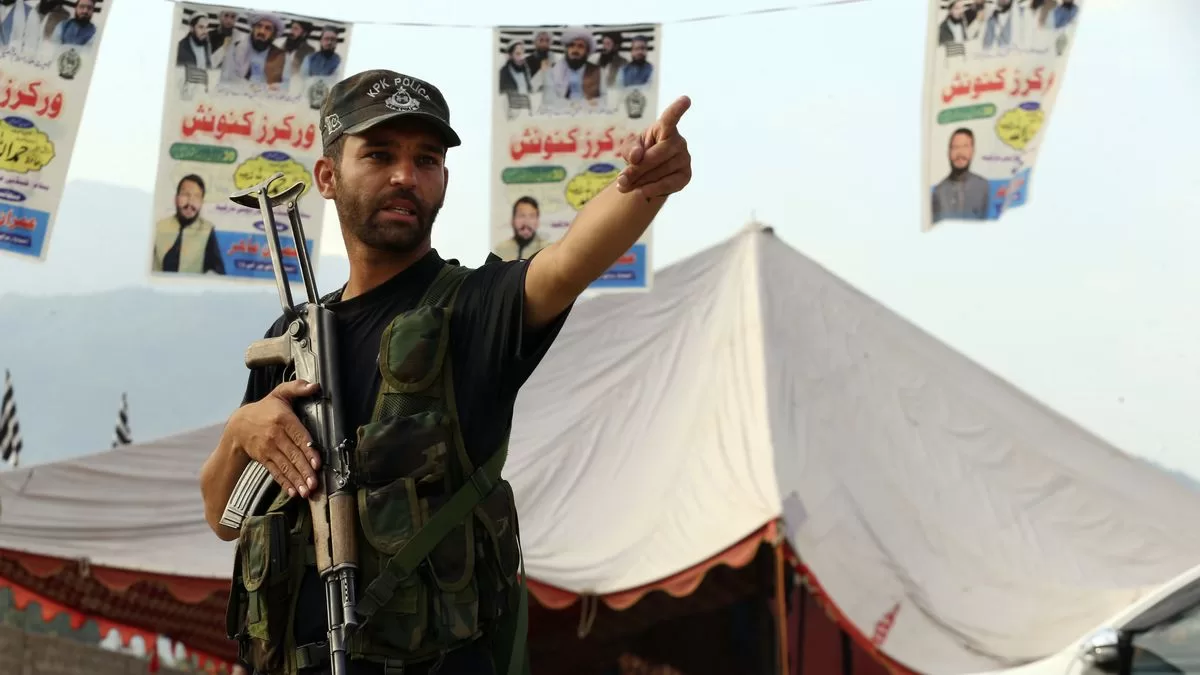The mood in the studio of “Anne Will” was subdued, even serious. How else, the topic called for it: “Ukraine’s counter-offensive – can it bring about a turning point in the war?” It was as if the guests were in a military map room and were thinking up strategies for the coming weeks and months.
Good equiped
Nicole Deitelhoff, an expert on international relations and a peace and conflict researcher, saw Ukraine as “well prepared”, and at the same time Russia was prepared for the offensive. That was consensus in the group. Everyone was hoping for military success for the Ukrainians, but no one dared to say precisely whether it would come and, above all, when.
Andriy Melnyk, Ukraine’s Deputy Foreign Minister and former Ambassador to Germany, spoke of a “glimmer of hope” with regard to the upcoming counter-offensive and at the same time warned against “expectation pressure”. The Ukrainian army expects a “Herculean task”. Melnyk, known for his attacks on the federal government and the chancellor, clearly held back. Perhaps because its president Volodymyr Zelenskyy is expected in Berlin, perhaps because, as he put it, he is really “grateful” for the support from Germany.
The former head of the Munich Security Conference, Wolfgang Ischinger, showed himself to be the greatest realist and thus the greatest pessimist in the concentrated group. It is very likely that it will take days, weeks, months before the situation in Ukraine improves. “This is a long-term process that requires continued long-term support.”
This is a long-term process that requires further long-term support.
Wolfgang Ischinger
SPD chairwoman Saskia Esken wanted to dispel any doubt that the federal government, that Chancellor Olaf Scholz, would lack this support. “As long as it takes,” she emphasized several times, also because the CDU foreign affairs expert Norbert Röttgen wanted to portray Olaf Scholz as a “hesitant” again, “this is about Europe, about all of us”.
Röttgen and Esken got stuck in attack and defense on this question, but it was not least the circumspect moderator Anne Will who did not want German party politics to become the decisive perspective of the discussion. Because she made it clear to the audience what awaits everyone involved in the war: probably a battle of attrition with wins on one side and on the other. But above all: a war of uncertain length, with an uncertain outcome.
Perhaps this is what is to be feared most: getting used to it, being bored, and becoming less willing to support Ukraine. This was disputed on all sides, but at the same time it was made clear that media relevance in particular would lead to political relevance. The war as an ongoing theme so that the Germans continue to deliver weapons, ammunition and equipment? Ischinger spoke, very cautiously, but of a necessary “war economy”. Further rounds of talks could focus on these aspects, both mental and financial, and the impact on prosperity in Germany.
In any case, Andriy Melnyk, despite all his gratitude, saw the need for Ukraine’s supporters to form another alliance for the delivery of fighter jets after the munitions and tank alliance. Even more: one percent of the gross domestic product should go to military support. A major challenge when Germany is already fighting to raise two percent of its gross domestic product for the Bundeswehr.
The talk refrained from formulating cheap solutions. But according to Nicole Deitelhoff, everyone and especially shows like “Anne Will” are confronted with the task of “maintaining public support if the offensive fails”. Television, the media as media of war, as propaganda machines? It needs to be talked about.


